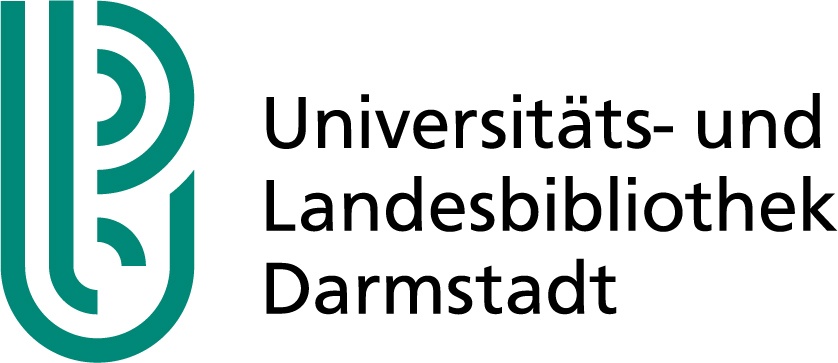On the initiative of the Council of Europe (not an EU institution), the European Day of Languages has been celebrated together with the EU Commission since 2001.
The aim is to encourage people of all ages to learn more languages in and out of school. The Council of Europe wants to promote multilingualism throughout Europe in the belief that linguistic diversity can contribute to a better understanding between cultures and is one of the central components of our continent's cultural heritage.
Information material and Europe-wide events are available on the European Day of Languages 2025 campaign page.
Information on European language policy
Language policy of the Council of Europe
Overview of EU language policy and the role of the European Parliament (EP).
Eurobarometer survey on Europeans and their languages, May 2024. This report provides information on citizens' language skills, language use and attitudes towards language learning in the European Union. It also allows us to see the evolution over time, as the survey results are compared with the previous language survey from 2012.
The podcast series ‘Talking Erasmus+’ (in German) by the National Agency at the Federal Institute for Vocational Education and Training (BiBB) provides information about the EU funding programme Erasmus+, exciting educational projects and cross-cutting European issues.
The European Union has 24 official languages. Languages take you further is a practical taste of each one of them that just might help you peek behind some of those doors.
Save the date:
At TU Darmstadt, we are celebrating the European Day of Languages in the middle of the winter semester on 6 November 2025.
Event information and programme
Are you a TU member and would like to improve your language skills or learn a new language?
The Language Centre at TU Darmstadt offers a wide range of language courses.
If you would like to go abroad, these centres at TU Darmstadt can support you:
Advisory on scholarships and funding for stays abroad – The International Relations Office provides advice on financing stays abroad during your studies.
Studying abroad – The International Relations Office provides advice on opportunities to study abroad in online consultation hours.
International Teacher Training – The Center for Teacher Training advises on opportunities for study abroad and internships abroad in the teaching profession.
















